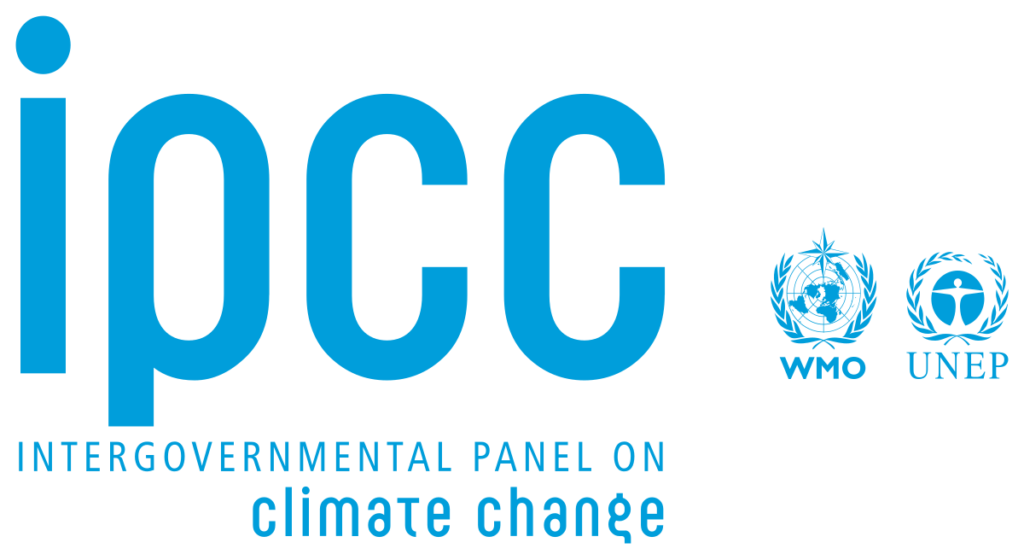The Intergovernmental Panel on Climate Change (IPCC) was established by the United Nations Environment Programme (UNEP) and the World Meteorological Organization (WMO) in 1988. The IPCC was created to provide policymakers with regular scientific assessments on climate change, its implications and potential future risks, as well as to put forward adaptation and mitigation options.

The main activity of the IPCC is the preparation of reports assessing the state of knowledge of climate change. It identifies where there is agreement in the scientific community on topics related to climate change, and where further research is needed. The reports are drafted and reviewed in several stages, thus guaranteeing objectivity and transparency.
So far, the Intergovernmental Panel on Climate Change published several Assessment Reports:
- First IPCC Assessment Report (1990) – it underlined the importance of climate change as a challenge with global consequences and requiring international cooperation, setting the basis for the creation of the UNFCC.
- Second IPCC Assessment Report (1995) – it provided important material for governments to draw from in the run-up to adoption of the Kyoto Protocol in 1997.
- Third IPCC Assessment Report (2001) – it focused on the impacts of climate change and the need for adaptation.
- Fourth IPCC Assessment Report (2007) – it laid the groundwork for a post-Kyoto agreement, focusing on limiting warning to 2°C.
- Fifth IPCC Assessment Report (2013-2014) – it provided the scientific input for the Paris Agreement.
- Sixth IPCC Assessment Report (2023) – it summarised the state of knowledge of climate change, its widespread impacts and risks, and climate change mitigation and adaptation. It alerted that limiting global warning to 1.5°C and 2°C involves rapid, deep and immediate greenhouse gas emission reductions, as well as investments in mitigation and adaptation.
Additionally, the IPCC released a series of Special Reports in the last years.
- 2018: Special Report on Global Warning of 1.5°C.
- 2019: Refinement of the 2006 IPCC Guidelines on National Greenhouse Gas Inventories.
- 2019: Special Report on Climate Change and Land.
- 2019: Special Report on the Ocean and Cryosphere in a Changing Climate.
Finally, the IPCC has also announced that besides the Seventh IPCC Assessment Report, a Methodology Report on Inventories for Short-lived Climate Forcers is being developed to be published in July 2027, as well as a Special Reports on Climate Change and Cities, due to be released in March 2027.


